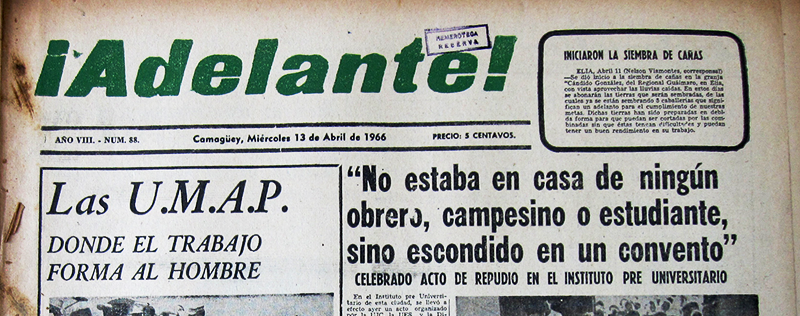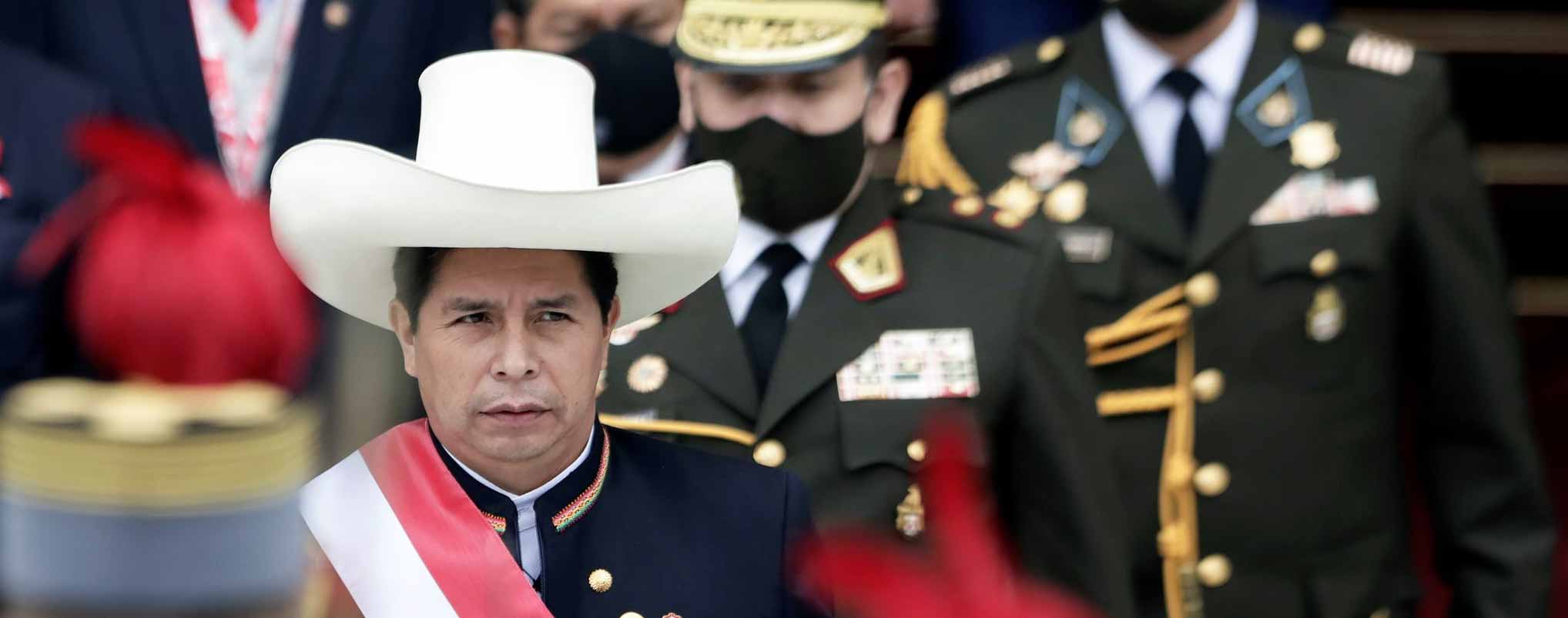Source:Libertad Digital
The pro-independence supporters will betray Spain again, but now the betrayal will be served to them on a platter by Pedro Sánchez.
PSOE and its militant and media panegyrists -with El País at the head, a newspaper that has lost the prestige of yesteryear- have enthusiastically praised the PSOE-Junts pact, signed in Brussels, stating, without blushing, that it returns the independentistas to the constitutional framework, when it is clear that it goes beyond the constitutional framework, as is clear from some of the following agreements:
1) Junts considers legitimate the result and the mandate of the referendum of October 1, as well as the declaration of independence of October 27, 2017. There is not, therefore, a renunciation of the unilateral declaration of independence as, on the contrary, some socialist militants, tertullians and media are proclaiming. On the contrary, the independentistas can declare again (“o tornarem a fer”) independence or, simply, reestablish the declaration of independence of 2017 that they consider legitimate.
PSOE denies in this agreement all legality and validity to the referendum and the declaration, and maintains its rejection to any unilateral action, but hides that the government lacks legal instruments to materialize that rejection, because in the not implausible case that the Catalan Parliament would hold a session like those of September 6 and 7, 2017, or repeal the validity of the Constitution and the Statute of Autonomy and, then proclaim the independence of their territory or reinstate the declaration of independence of 2017, prosecutors and judges would be completely unarmed to respond to that action under the umbrella of criminal law, for the simple fact that there would be no crime in the Penal Code to charge those responsible for the outrage, since the crimes of rebellion and sedition have been repealed. The only instrument left to the State would be to resort again to Article 155, but this is by definition transitory, lacks legal-criminal content, and depends on the support of PP in the Senate, in addition to the fact that, the Government of Sánchez, in a socialist minority in Congress, would suffer the mass abandonment of the entire nationalist bloc. The socialist militants who voted in favor of the consultation, which did not include the amnesty, on the pacts with the independentistas know that the rejection of any unilateral declaration of independence is a chimera and a deception, but they celebrate the agreement, some of them blinded by the political pesebrismo and by the cult of the unreliable personality of Sánchez, as no historical leader of PSOE has ever had.
2) Junts will propose the holding of a referendum of self-determination on the political future of Catalonia under Article 92 of the Constitution. For its part, PSOE will defend the broad development, through the appropriate legal mechanisms, of the Statute of 2006, but it does not oppose or reject self-determination, knowing that it is prohibited by the Constitution, the European Union and the United Nations, as I have analyzed in different articles, which is worrying, because the State is unarmed to prevent self-determination.
The calling of a referendum is a competence of the State Government after authorization by the Congress of Deputies, and it can only have a “consultative” character (article 92. of the Spanish Constitution). This is the current legal framework and, therefore, the only applicable one, as recognized in article 122 of the Statute of Catalonia. The appeal by Junts in the agreement to the way of the agreed referendum of self-determination, does it knowing that the government of the Nation cannot call a referendum of self-determination for Catalonia because it is forbidden by the Constitution, unless it is reformed, for which, the independentistas, with PSOE, which form the Government, would not have the qualified majority required by art.167.1 of the Constitution, if it is not supported by the Popular Party.
3) The Amnesty law must include both those responsible and the citizens who, before and after the consultation of 2014 and the referendum of 2017, have been subject to judicial decisions or processes linked to these events. In this sense, the conclusions of the investigation commissions that will be constituted in the next legislature will be taken into account in the application of the amnesty law insofar as they could derive situations included in the concept of lawfare or judicialization of politics, with the consequences that, where appropriate, could lead to liability actions or legislative amendments.
This agreement is the most serious of the previous ones because it allows, no less, that judges can be investigated by a parliamentary commission, which is legally impossible since in no State of Law can there be a rule that obliges judges to appear before Congress. Conservative and progressive judicial associations, the Permanent Commission of the CGPJ with the favorable vote of some progressive members, the vast majority of law professors, lawyers and jurists of various professions have expressed their rejection of this outlandish agreement that breaks the separation of powers and interferes with judicial independence. This is a confrontation with the Judiciary that had never happened in the contemporary history of Spain, not even during the Franco regime. Faced with such a nonsense, the Minister of the Presidency, Felix Bolaños, has had to pathetically deny that the investigation commissions expressly included in the agreement are going to be created. He has not been able to say that it is a change of opinion as we are used to. We will see if this agreement is taken into account in the application of the amnesty law, which the judges will not apply if they raise a question of unconstitutionality before the Constitutional Court and before the Court of Justice of the European Union.
The Catalan pro-independence supporters will again declare or unilaterally reestablish independence, since the policy of concessions to the pro-independence movement, instead of appeasing it, is invigorated, as stated by the former Magistrate of the Constitutional Court, Manuel Aragón. The independentistas betrayed Spain in the First Republic, in the Second Republic and during the civil war, as Azaña wrote in his excellent La velada de Benicarló. In this text, he expressly accuses the Generalitat of treason and in his article La Insurrección libertaria y el Eje Barcelona-Bilbao, he sentenced: “The facts seem to demonstrate that, with monarchy or with republic, in peace or in war, under a unitary and assimilationist regime or under an autonomic regime, the Catalan question endures as a source of disturbances, of passionate discords, of injustices. It is the acute manifestation, very painful, of a chronic illness of the Spanish body”. The pro-independence supporters will betray Spain again, but now the betrayal will be served to them on a platter by Pedro Sánchez.
Eligio Hernández is a Spanish jurist. He served as Attorney General between 1992 and 1994, appointed by the government of Felipe Gonzalez.
Share this article
On This Day
- 1552 Battle of Bicocca.
- 1565 Miguel López de Legazpi founds Cebu as Villa de San Miguel.
- 1806 María Cristina de Borbón Dos Sicilias was born.
History of Spain
26 August 2020
27 January 2021
Communism: Now and Then
23 December 2022
28 July 2021






